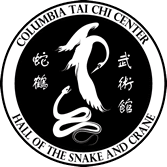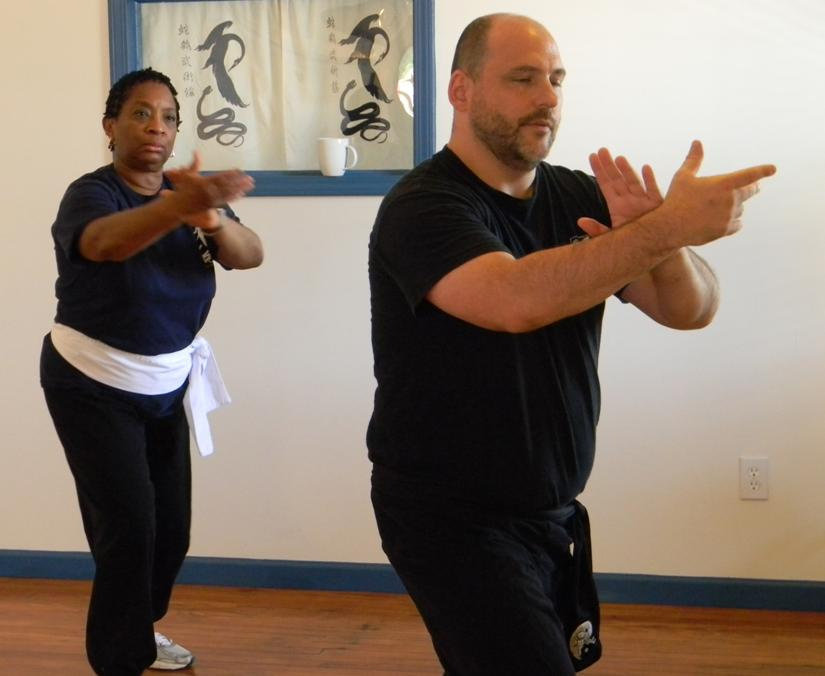Tai Chi Improves Cognitive Performance
Review by Scott Girard D.O. FACOI (Internal Medicine)
My wife and I have been members of the Columbia tai chi center for about a year now, and had been very happy with the traditional tai chi that we have been taught. We will feel that the 2-3 hours that we spend practicing tai chi each week (not including the practice at home) has been beneficial to our physical fitness as well as our stress levels. As a physician I tried to find scientific studies that support these feelings of physical fitness. My suspicions were confirmed recently with an article in the January edition of The Journal of the American Geriatrics Society, in an article titled “Effect of Tai Chi on Cognitive Performance in older adults: Systematic Review and Meta-analysis”.
In this article the authors reviewed 20 previous studies with a total of over 2500 participants, with the goal to evaluate the effects of tai chi on outcomes related to global cognitive function in older patients with both non-impaired cognition as well as patients with mild to moderate dementia. The authors found that tai chi improved executive function (things like: mental processing speed, attention, working memory) versus patients in a controlled group, it also improved executive function and tai chi patient’s versus patient’s who did regular aerobic exercise. Global cognition (learning, memory, presence or lack of dementia) was also improved and patient’s participating in tai chi versus sedentary and even active patients.
Below are two quotations from the Journal article, providing the discussion and conclusions of that article in the Journal article writer’s own words:
“This meta-analysis and broader systematic review suggest that Tai Chi may offer a safe, non-pharmacological approach to enhancing cognitive function in older adults. Larger, more-robust trials with longer follow-up periods and standardized neuropsychological outcome measures are needed before more-definitive conclusions can be drawn. If future research supports the benefits of Tai Chi for cognitive function, this would add to the literature supporting other Tai Chi–associated benefits for older adults, including positive effects on balance and fall prevention, cardiovascular risk, musculoskeletal pain, immune function, and psychological well-being. Tai Chi may be an attractive first-line intervention for adults interested in integrated long-term strategies for healthy aging.”
“The literature on non-pharmacological behavioral approaches to improve cognitive function in older adults has been growing. Tai Chi shows promise as an alternative multi-modal exercise for attenuating age-related cognitive decline and warrants further research. The findings of the current review add to a growing body of studies evaluating a variety of other mind–body interventions (e.g., yoga, meditation, qigong) on cognitive function and provide further support for the effectiveness of multimodal behavioral interventions.”
It is nice to know that there is a way to preserve our physical and mental health which is medication free, without side effect, and is a social and enjoyable process.
– Scott Girard and his wife, Laura have been studying Tai Chi at the Columbia Tai Chi Center for a year. After 15 years in Pennsylvania, Scott and Laura relocated to Columbia, SC after Scott was recruited to be the medical director of Tuomey Hospital’s inpatient physician group. Both are both interested in Taoism and meditation, and travel in from Sumter, SC for class.


